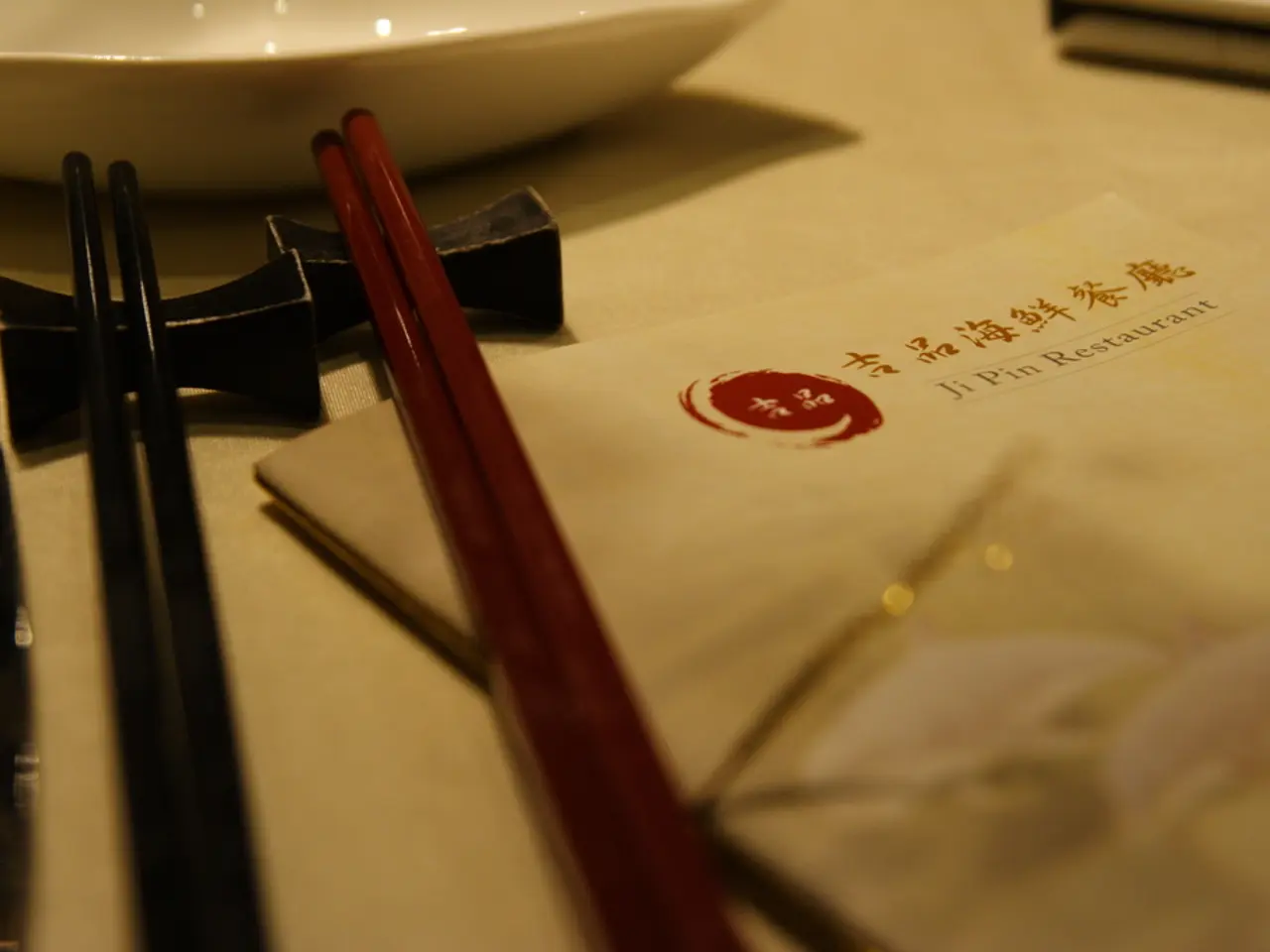Diversity will now serve as a key marketing strategy
In Phuket, Thailand, a groundbreaking government-backed initiative has been launched to focus on language and ethics education for Muslim youth. The programme, aimed at enhancing job prospects, preserving cultural identity, and promoting social harmony, is a significant step towards making diversity a selling point for the region, which is culturally diverse and economically reliant on tourism and services.
Justice Minister Pol Col Tawee Sodsong, the driving force behind this initiative, emphasised the importance of equipping young Muslims with language skills, particularly Thai and other relevant languages, alongside ethical education that supports better integration and mutual understanding within the diverse community. The minister's goals include improving employment opportunities for Muslim youth, preserving and promoting Islamic culture and ethics, and fostering social cohesion by bridging gaps between Muslim and non-Muslim communities through education and dialogue.
By improving language skills and emphasising ethics, the programme helps Muslim youth engage more effectively in the local job market, including tourism and service sectors crucial to Phuket’s economy. The ethics education fosters respect and understanding across different cultural and religious groups, contributing to greater social harmony. This initiative indirectly supports economic development by ensuring the participation of all community members, including marginalised groups, thereby making Phuket a more inclusive and attractive destination for investment and tourism.
Thailand's Islamic finance assets have surpassed 140 billion baht since the country's first Islamic cooperative was established in 1984. The minister pledged fair interest-free financial services to all, emphasising that genuine economic progress is driven by human capital, not solely financial structures. The minister's initiatives for the Muslim communities are part of the broader goal of supporting and uplifting these communities economically, with a focus on fostering economic growth within the Halal industry.
The minister believes the Muslim community plays a crucial role in preserving cultural identity and driving economic value in Phuket's diverse tourism sector. The minister praised the Muslim community's contributions to society, particularly in education. The minister's pledges for the Muslim communities include ensuring equitable financial services through interest-free financial access, promoting Halal-based economic practices, and fostering social equity.
On a global scale, the Global Islamic Financial Services Industry (IFSI) grew by 14.9% in 2024, with assets exceeding US$3.88 trillion. This growth underscores the potential for the Halal industry and the need for initiatives like the one in Phuket to support the development of this sector. The minister voiced support for scaling up the programme nationally, recognising its potential to benefit communities beyond Phuket.
In conclusion, the Phuket government-backed initiative is designed to expand educational opportunities for Muslim youth through language and ethics training. Its dual focus on economic empowerment and cultural respect directly supports social harmony and the economic vitality of the region. The initiative is a testament to the Thai government's commitment to fostering a more inclusive and prosperous society.
- Recognizing the potential of the Halal industry, the minister plans to scale up the Phuket-based initiative nationally, aiming to boost economic growth and further support diversity and inclusion in other regions.
- Apart from improving language skills, the initiative in Phuket also prioritizes education and self-development, fostering personal growth and promoting a better understanding among diverse cultural and religious groups.
- Besides economic development, the Phuket initiative focuses on education and financial services, ensuring equity through interest-free financial access and promoting the business and education-and-self-development of the Muslim community, a crucial asset in preserving the region's cultural identity and driving its tourism sector.




